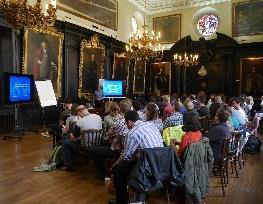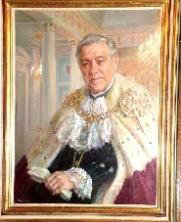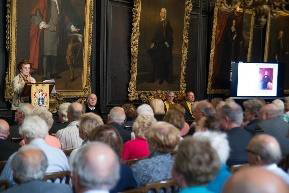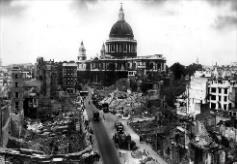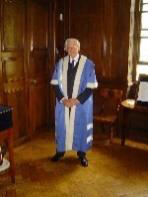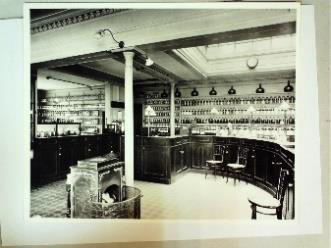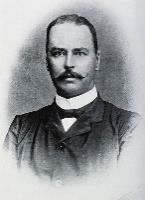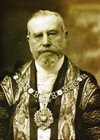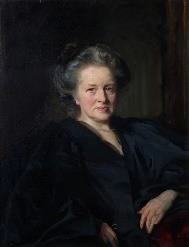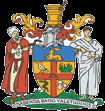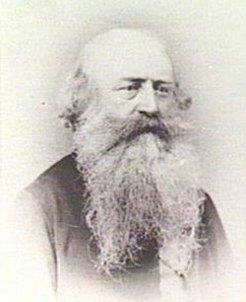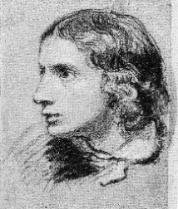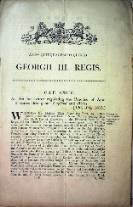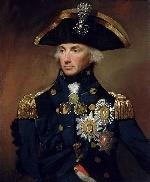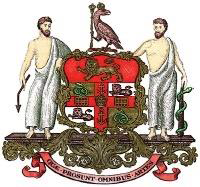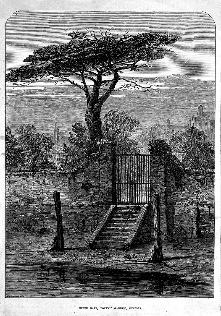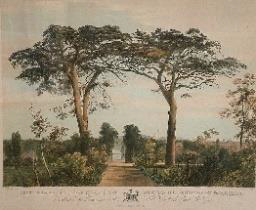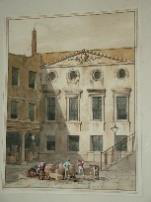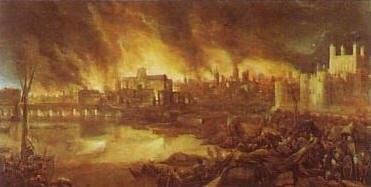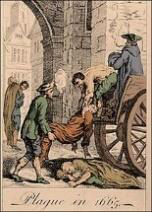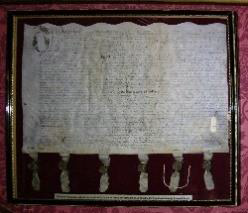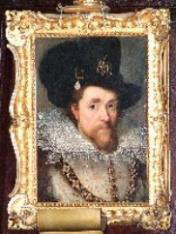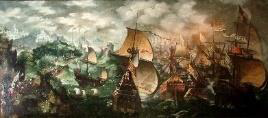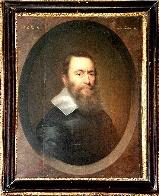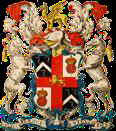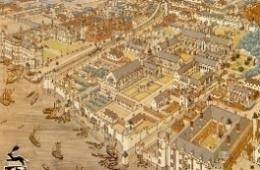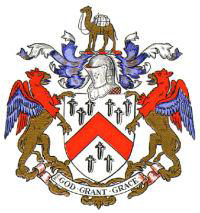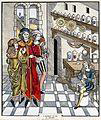Society’s 400th Anniversary. Two academic Faculties, seven Diplomas and five courses including an International Advanced Assessment Course are flourishing
Society founds the Faculty of Conflict and Catastrophe Medicine
Final award of the LMSSA (formerly the LSA)
Sir John Chalstrey is Master Apothecary and Lord Mayor
Diploma in the Medical Care of Catastrophes starts
Diploma in the Philosophy of Medicine established
Diploma in the History of Medicine established
Diploma in Medical Jurisprudence introduced
Society founds the Faculty of History of Medicine later expanded to the Faculty of History and Philosophy of Medicine and Pharmacy
National Health Service Introduced
Diploma of Industrial Health introduced
Second World War – Hall survives the Blitz largely unscathed
Society institutes a new examination, the Mastery of Midwifery.
Society’s Laboratory and pharmacy shop finally close
Agatha Christie passes the Assistants’ Examination (equivalent to a Pharmacy Technician)
Nobel Prizewinner and malaria pioneer Sir Ronald Ross LSA, awarded the Honorary Freedom of the Society
Sir Thomas Boor Crosby becomes Master Apothecary and Lord Mayor
Society passes responsibility for the Physic Garden to City Parochial Foundation
Elizabeth Garrett (Garrett Anderson) becomes the first woman to gain the LSA
Pharmaceutical Society (later the Royal Pharmaceutical Society) formed
Christopher Penfold, passes the LSA and later founds Penfolds wines in Australia
United Stock founded which supplied medicines to the Army
John Keats, poet, gains the LSA
Apothecaries’ Act passes into law giving the Society the power to grant a licence (the LSA) to practice medicine
Barge used at Nelson’s funeral
Stock company contracted to supply drugs to the East India Company.
Company of Surgeons, later the Royal College of Surgeons, is separated from the Barbers’ Company by Act of Parliament
Physic Garden at Chelsea conveyed to the Society “in perpetuity” by Sir Hans Sloane
“Navy Stock” company founded in the Hall. It supplies medicines to the navy including for Captain Cook’s expedition to Australia
Rose Case confirms the right of Apothecaries to give medical advice
Glorious Revolution. William of Orange lands at Torbay
Chelsea Physic Garden established
Elaboratory established. The “Laboratory Stock” joint stock company is founded to make and sell medicines.
Hall Rebuilt After The Fire
Great Plague in London – Most Apothecaries stay in London and treat the sick
City sides with Parliament and the Hall is garrisoned by Parliamentary troops
Society buys “Cobham House” the former guest house of Blackfriars Priory as its first Hall
After representations from a group of apothecaries led by De Laune, James I & VI grants a Charter separating the Apothecaries from the Grocers
Separate section of Apothecaries created in the Grocers’ Company
Birth of Gideon de Laune, primary founder and benefactor of the Society
Company of Barbers and Surgeons of London created by Act of Parliament
Dissolution of the Dominican Priory of Blackfriars by Henry VIII.
Henry VIII grants a Charter to the College of Physicians
Pepperers become the Company of Grocers St Anthony
Pepperers found the Fraternity of St Anthony
Spicers join with the Pepperers
A “Mistery“or Guild of Apothecaries elects their own leaders in London
Guild of Pepperers first recorded
Earliest records of Livery Companies or “Guilds” in London


